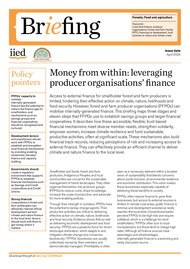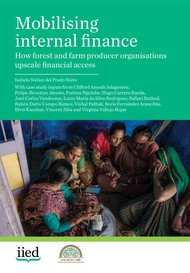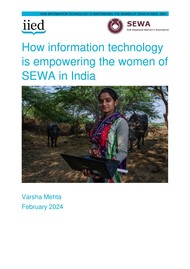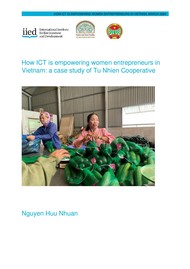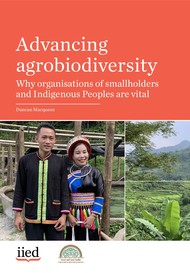Successful smallholder management of agrobiodiversity in Northern Tanzania
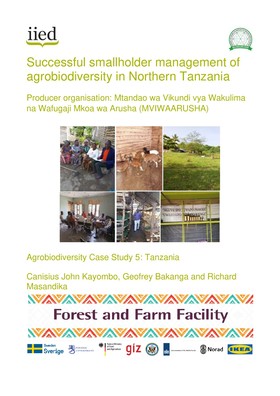
This agrobiodiversity case study (No.5) from Tanzania is the fifth of six case studies prepared by forest and farm producer organisations (FFPOs) for the Forest and Farm Facility (FFF).
It describes the actions of Mtandao wa Vikundi vya Wakulima na Wafugaji Mkoa wa Arusha (MVIWAARUSHA). The FFPO represents almost 12,500 smallholder farmers organised into 446 local groups, including 46 ward-level networks and six district-level networks in Northern Tanzania.
The members of MVIWAARUSHA are smallholder farmers who also rearing livestock, but with a strong focus on agroecology, using agroforestry systems that introduce trees on farms. Retained trees and woodlots within the homesteads of smallholder farmers offer fruit, lumber, poles, firewood, windbreaks, shade, livestock fodder and soil erosion control. Members plant, sell and consume more than 20 commercial crops and 10 types of livestock (including bees) and extract a much wider range of less common vegetables, fruit and medicinal plants for regular use from the patchwork of forests and farms.
MVIWAARUSHA draws heavily on its members’ Indigenous knowledge of agrobiodiversity but augments this through: peer-to-peer learning exchanges, participation in market shows, local communication through radio, television and social media, and project-based training in topics such as agroforestry, tree nurseries and tree planting, community seed banks, microcredit-facilities and finance circles, entrepreneurship, poultry rearing, and the use of livestock waste to make biogas. Seed management has also been crucial to agrobiodiversity conservation and MVIWAARUSHA has developed five community seed banks and a host of local tree nurseries that together maintain access to a wide diversity of local crop and tree varieties. Enterprise diversification is also encouraging agrobiodiversity retention through investments in the processing and packaging of sunflower oil, pigeon peas, honey and potentially coffee and other crops.
Cite this publication
Available at https://www.iied.org/21421g

